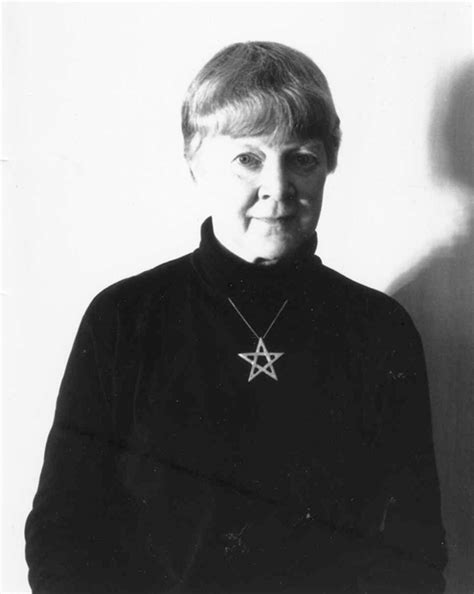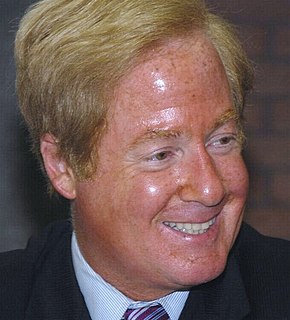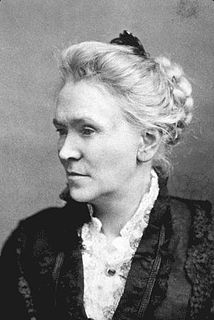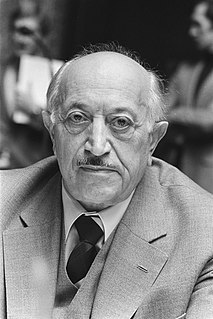A Quote by Saul Alinsky
I prize my own independence too much. And philosophically, I could never accept any rigid dogma or ideology, whether it's Christianity or Marxism…The greatest crimes in history have been perpetrated by such religious and political and racial fanatics, from the persecutions of the Inquisition on down to Communist purges and Nazi genocide.
Related Quotes
If you look back at history or you look at any place in the world where religious groups or ethnic groups or racial groups or political groups are killing each other, or families have been feuding for years and years, you can see - because you're not particularly invested in that particular argument - that there will never be peace until somebody softens what is rigid in their heart.
The very fears and guilts imposed by religious training are responsible for some of history's most brutal wars, crusades, pogroms, and persecutions, including five centuries of almost unimaginable terrorism under Europe's Inquisition and the unthinkably sadistic legal murder of nearly nine million women. History doesn't say much very good about God.
The level of vitriol against Jews and Christianity within contemporary Islam, unfortunately, is something that we are not totally cognizant of, or that we don't want to accept. We don't want to accept it because to do so would be to acknowledge that one of the world's great religions -- which has more than 1.4 billion adherents -- somehow sanctions genocide, planned genocide, as part of its religious doctrine.
There has never been a humane communist regime. Marxism is inherently totalitarian. It recognizes no moral limits on the state. It’s the most convenient ideology for aspiring tyrants; it also retains its appeal for intellectuals, who have proved equally skillful at rationalizing abuses of power and at exculpating themselves.
From Augustine down, theologians have tried to compel people to accept their special interpretation of the Scripture, and the tortures of the inquisition, the rack, the thumb-screw, the stake, the persecutions of witchcraft, the whipping of naked women through the streets of Boston, banishment, trials of heresy, the halter about Garrison's neck, Lovejoy's death, the branding of Captain Walker, shouts of infidel and atheist, have all been for this purpose.





































